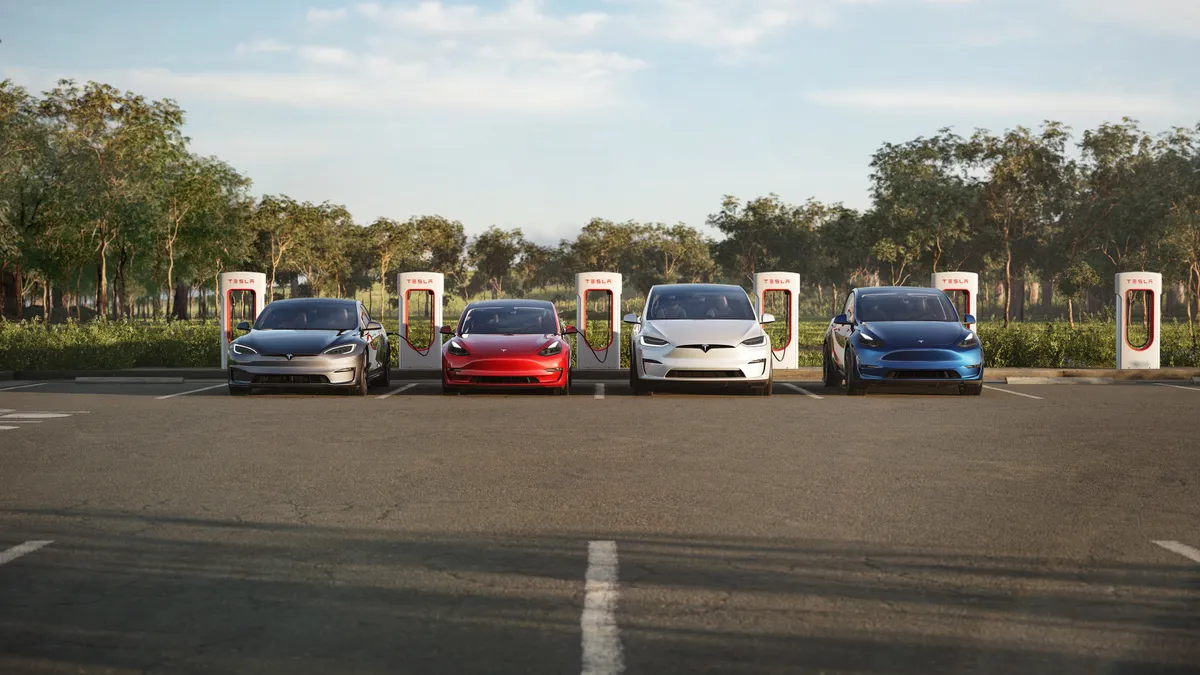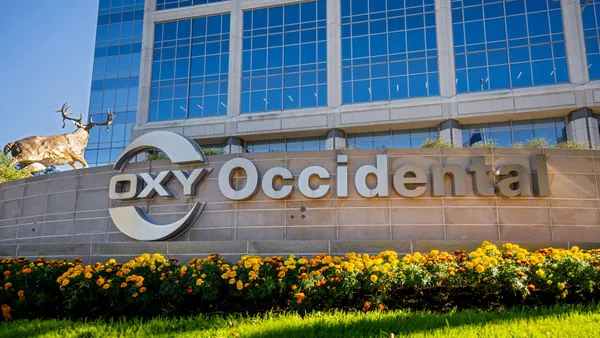Electric vehicle adoption fell to just 16.2 on a 100-point scale in April, according to the J.D. Power EV Index, which tracks the electric vehicle market. The score was the lowest it has been since August 2021.
“The decline in shopping interest for EVs comes as the industry has reached an all-time high in EV availability,” Elizabeth Krear, vice president of electric vehicle practice at J.D. Power, said in a press release.
On the same index, EV availability scored 54.3 out of 100 points, “the highest it’s ever been,” Krear said.
The J.D. Power 2024 U.S. Electric Vehicle Consideration Study revealed last month that consumer interest in EVs is negatively affected by price, lack of charging infrastructure and worries about range.
For the first time since 2021 (when the study began), car buyers’ consideration of EVs dropped from the previous year. As of May, 24% of car shoppers said they were “very likely” to consider buying an EV, down from 26% a year earlier.
“EV retail share, while having some bright spots when it comes to certain models, is not growing at the same pace as EV availability,” Krear said. “This is bringing aggressive conquest sales programs to the EV segment.”
For instance, both Ford and Tesla slashed EV prices earlier this year. And General Motors is partnering with Costco to sell discounted EVs to the wholesale club’s members.
In April, average EV prices across the market were 18.3% lower than they were a year earlier, according to Cox Automotive data.
“So we’ll see if shoppers find them attractive enough,” Krear said.












